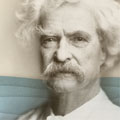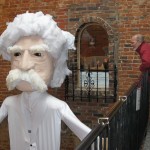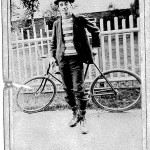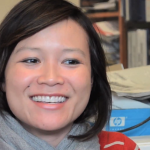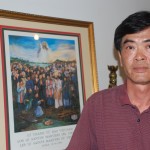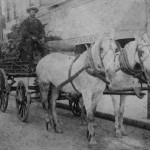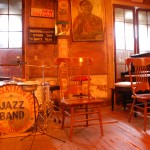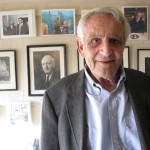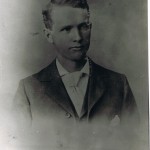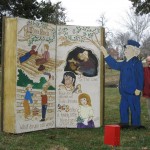What’s it like to be gay in Hannibal, Missouri, a town of 17,606 that bills itself as America’s hometown?
Mary Lou Montgomery, editor of the Hannibal Courier-Post, says sexual orientation is not discussed: “It’s pretty quiet—not secretly hidden, not talked about in polite society.”
Attorney Terrell Dempsey suggests that sexual orientation is like race in Hannibal, “You just don’t talk about things.” Gays are tolerated. “Most gay folks will move to Quincy,” a nearby Illinois city, he adds. “It’s still outwardly hostile here.”
Michael Gaines, 43, the gay executive director of the Hannibal Arts Council, refuses to be melodramatic about what gays face in Hannibal. He says, “It’s not like they’re dumping people in the river.” He cites a gay worker at the local General Mills plant who “has worked there forever” and is open about his relationship with his partner.
But some gay men, Gaines says, “are giving up on who they are.” They do what they feel the community expects of them. They marry women and have families.
Gaines says he came late to addressing his sexual orientation. “That wasn’t the community’s fault,” he says, “That was me.” He had pursued a workaholic lifestyle: “I was about what I did.” He had taken no time for personal life.
He also had lived in fear, “which was really unfounded,” he says. He had grown up on a farm near Bethel, Missouri, a town of 121 people with a history as a religious community. His father was a deacon. Gaines says he had to address the “religious baggage I carried my whole life.”
After time in New York City, Austria, Italy and at the University of Missouri (where he obtained a degree in tourism development in 1990), he took a development job in Bethel and, a year-and-a-half later, his current position in Hannibal.
He also chose in Hannibal to be open about his sexual orientation. “I haven’t put an ad in the paper,” he jokes, “but I still just go about life.” He attends community events with his partner.
“I’ve been allowed to be me,” he says. His parents, he says, “proved they loved unconditionally.” He no longer faces “wanting to die everyday.”
“When I came to love myself,” he says, “I was okay.”
Loren Ghiglione

